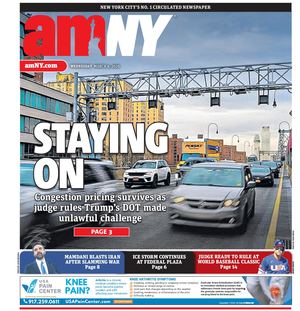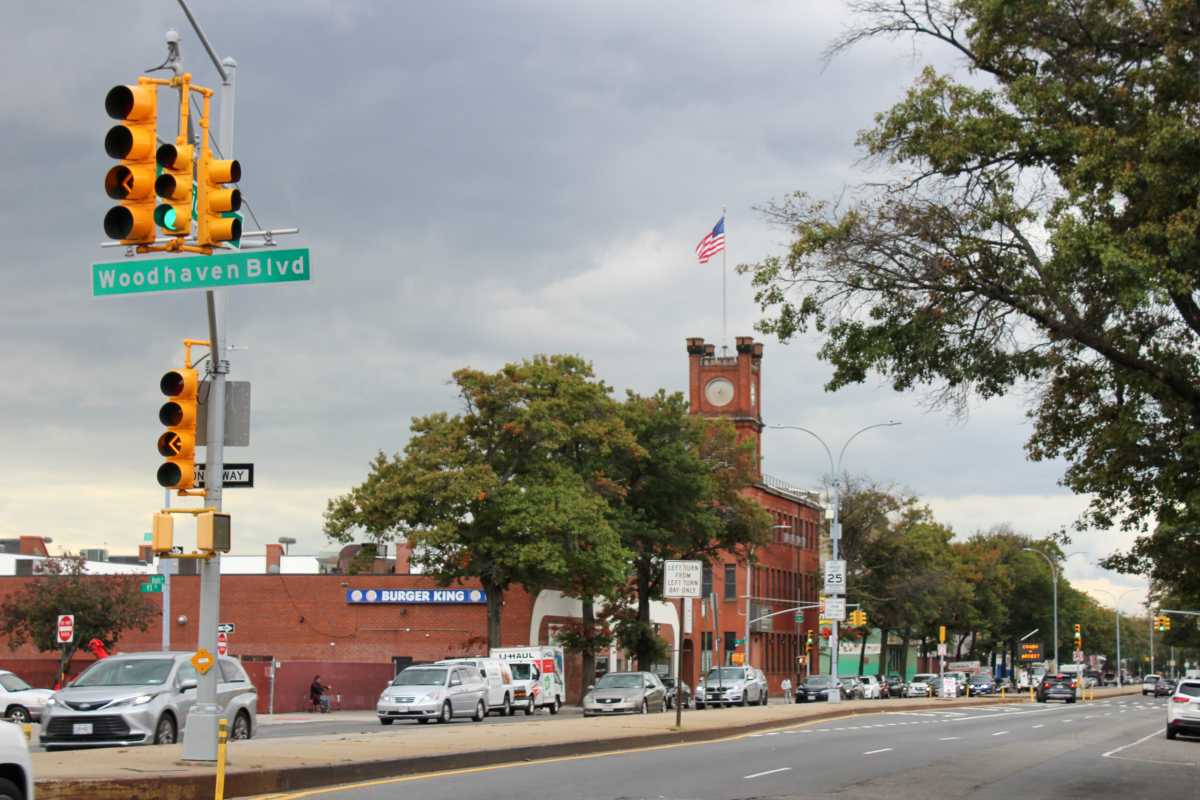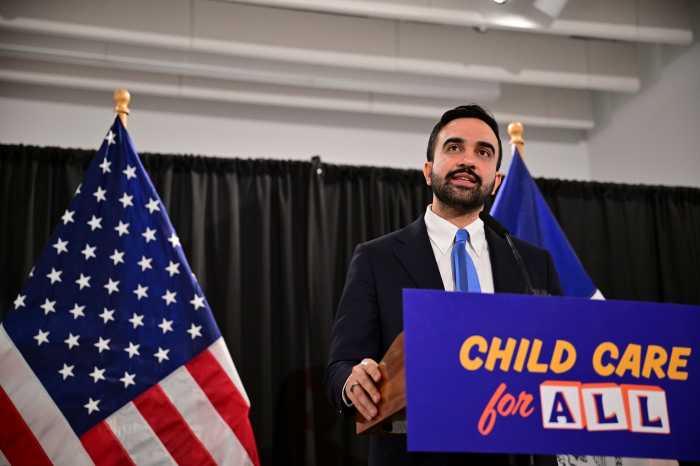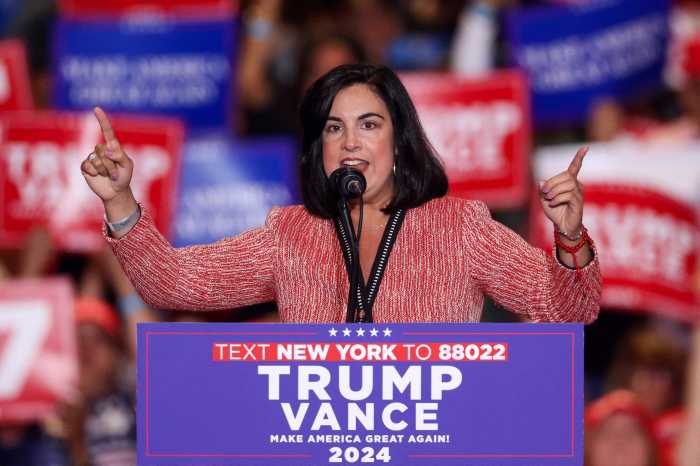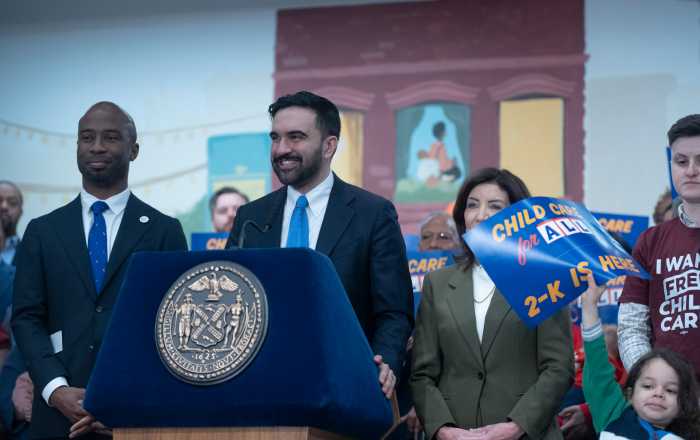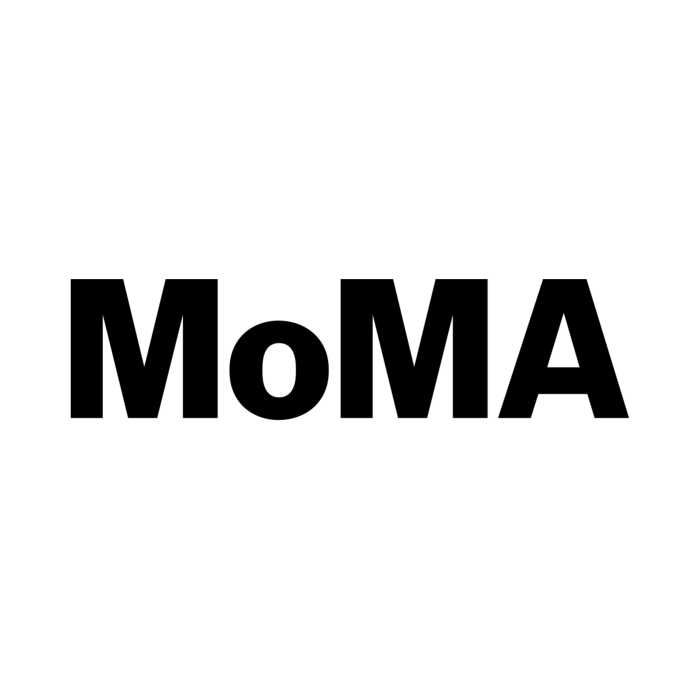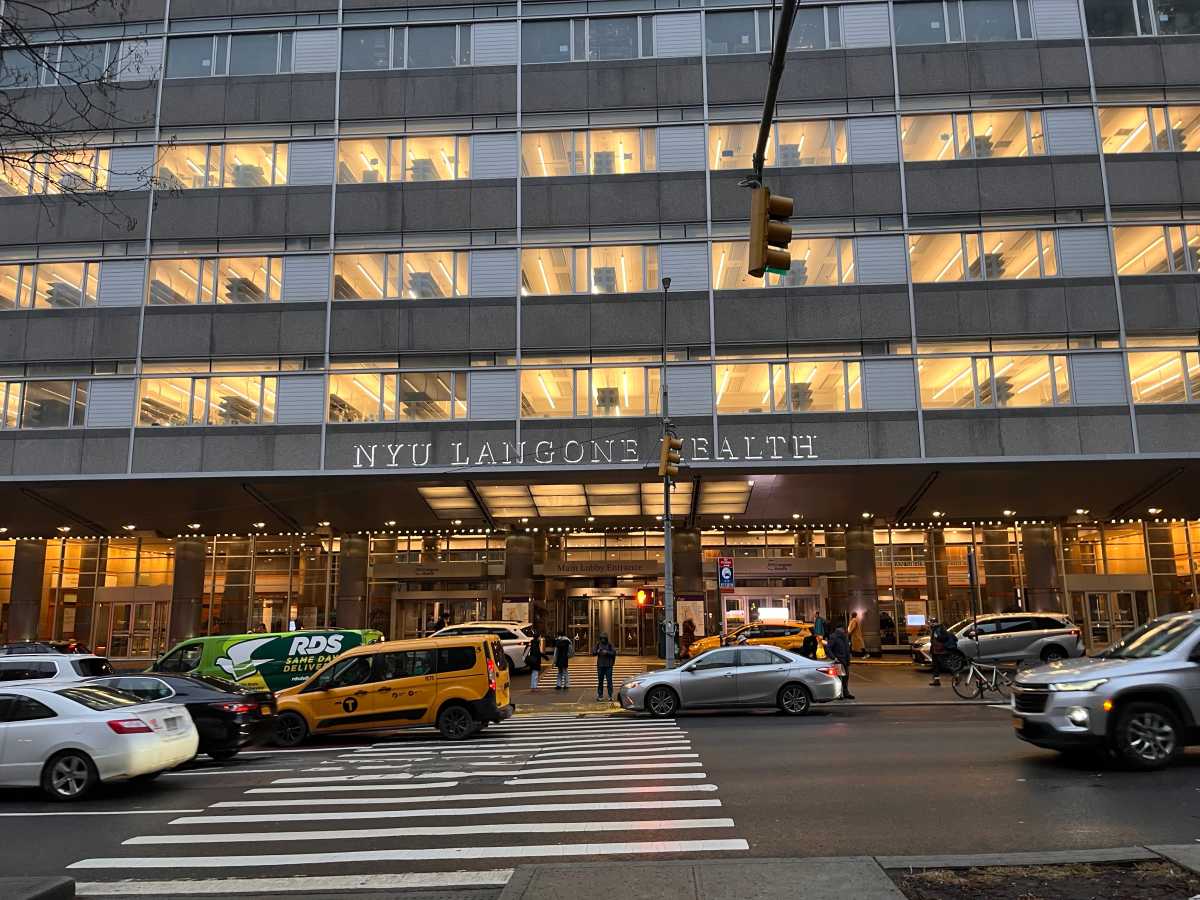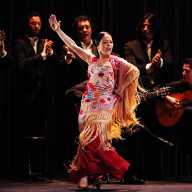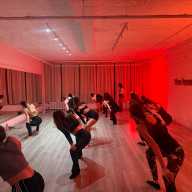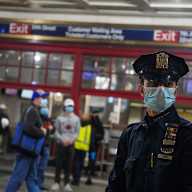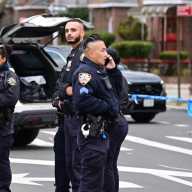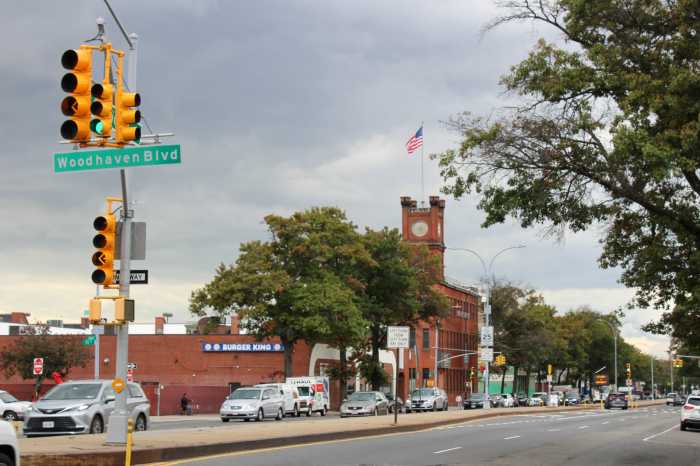This story was reported by Matt Chayes, Rajvi Desai & Jesse Coburn. It was written by Polly Higgins & Jennifer Barrios.
Protesters once again hit the streets of Manhattan — and some 250 cities across the globe — on Saturday for the second annual Women’s March. The 2017 version came the day after President Donald Trump’s inauguration, so the follow-up finds attendees invigorated as he completes his first full year in office.
Nearly 200,000 people joined the Women’s March on New York City, mayoral adviser Andrea Hagelgans, tweeted. While a significant drop from the estimate of 400,000-plus participants the mayor’s office provided after last year’s version, the passion of those in attendance was not dampened.
Loosely tied together by the umbrella theme of women’s rights, participants rallied for an array of issues.
“My motivations are equal pay, equal rights, do not touch our reproductive rights, help immigrants,” Manhattanite Kim Reinle, 53, said, holding a life-size cutout of Hillary Clinton, to her “the true president of the USA.”
“We are raising awareness that we are not to be silenced and we are not backing down. We are going to change the world from within.”
Organizers of the 2018 Women’s March underscored the diverse issues troubling their supporters, voicing displeasure with the Republican administration’s policies on abortion, immigration, LGBTQ community, the environment and more.
“We must stand together to demand and defend our rights. Let your voice echo from the streets of New York City to the capital city,” the group said in a Facebook promotion for the March. “Show the world that red, white and blue are colors of tolerance.”
Public advocate Tish James, speaking to a crowd at the Eleanor Roosevelt Memorial at West 72nd Street and Riverside Drive, ripped the Trump administration as “pale, male and stale.”
On the Upper West Side, waves of cheers rippled through the thousands of women and men who packed the streets on a sunny and unseasonably warm Saturday morning.
The energetic crowd, flecked with pink courtesy of another solid showing of the knitted pussyhats that debuted one year ago, slowly wended its way down Central Park West. And the colorful, creative signs and pins were also in full force.
Mia Pearlman’s winter coat was the canvas for three message pins: “IMPEACH TRUMP,” a pink illustration of ovaries and fallopian tubes with the words “GROW A PAIR,” and “Black Lives Matter.”
The 43-year-old sculptor from Ditmas Park, who is particularly worried about the travel ban, abortion rights and free speech, noted that last year’s rally motivated her and Park Slope’s Susan Martin, 64, to form a coalition intended to push left-leaning policies on the state level.
One of their targets: ousting the Independent Democratic Conference, a power-sharing agreement of breakaway Democrats that keeps Republicans in control on the state level and, in the view of the women, enables Trump-friendly policies in Albany.
“The result is that the Republicans have power in [the] State Legislature,” Martin said.
“And a lot of them are huge supporters of Trump,” Pearlman added.
The demonstration was held simultaneously with the main Women’s March on Washington, D.C., a gathering that drew more than half million people last year.
The marchers Saturday mustered near Columbus Avenue and 71st Street, with the 11:30 a.m. rally officially followed by the march’s 12:30 p.m. start. The group radiated out past Columbus Circle, east on 59th Street and south toward Bryant Park.
The sign-making parties that occurred leading up to Saturday saw an array of provocative, homemade signs sporting messages both traditional — “my body my choice” and of their time — “I hate crowds but I hate Trump more.”
For some, their bodies were the medium to express a message: Harlem’s Solange Singer dressed as a vagina.
“It’s about women power,” the 39-year-old said, standing near Central Park West and 63rd Street. “I want them to think of freedom of being a woman, freedom to speak and use your voice.”
In addition to exercising their First Amendment rights, some New Yorkers pursued another American pastime: capitalism.
Entrepreneurs offered up items from books to buttons — to bananas.
Street vendor Bernard Thomas, 69 — saying “Shirts and buttons, guys! Shirts and buttons!” on loop — sold Women’s March NYC merchandise for $10 (shirts) and $3 (buttons), while Harlem’s Lea Sherman, 69, had left-leaning books including “The Clintons’ Anti-Working-Class Record” and “Abortion Is a Woman’s Right!”
“I do not think that Donald Trump is a fascist, a racist, or any of the kind of epithets that are being thrown at him,” Sherman of Harlem said. “I think he’s a bourgeois politician that many working people voted for based on hope and change — the same people who voted for Barack Obama’s elected Donald Trump.”
Sisters Ash and Evie Ferguson, 12 and 10, respectively, gave marchers bananas and tea, peddling their wares free of charge at 66th Street and Central Park West.
“We love standing up for feminism,” Ash said. We saw people marching outside our windows on CP West. We decided to come out and help people. We want to keep moving down to stay with the crowd.”
“We have a moment of opportunity to take this energy and take this outrage and say we’re going forward,” Cuomo said at an event at the Eleanor Roosevelt Memorial. “We’re gonna take this abuse and we’re going to use it as a moment to step forward.”
New York City Mayor Bill de Blasio called the first Women’s March the “single greatest protest in the history of the United States of America.”
The strong showing reflects the president’s lack of popularity among women.
More women than men voted against Trump in the 2016 election — 54 percent to 42 percent — according to the Pew Research Center. But more men backed Trump, Pew found: 53 percent to 41 percent.
And, according to a December poll commissioned by Monmouth University, Trump’s support among women has dropped precipitously since the inauguration: Only 24 percent approve, compared to 68 who disapprove.
